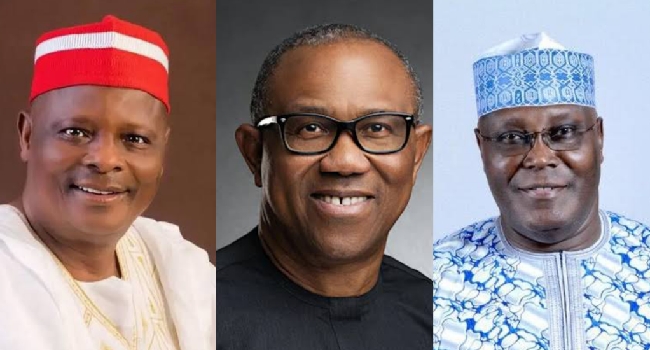The House of Representatives has passed for second reading a bill seeking to bar Nigerians above the age of 60 from contesting for the presidency or governorship.
The bill, sponsored by Ikeagwuonu Ugochinyere, lawmaker from Imo State, is part of ongoing amendments to the 1999 Constitution aimed at revising eligibility requirements for top political offices.
If passed, the bill will amend Section 131 of the Constitution to impose a 60-year age ceiling for presidential aspirants, while Section 177 would be altered to apply the same restriction to governorship candidates. It also proposes that candidates must hold at least a bachelor’s degree.
The legislation, if enacted, could reshape the 2027 elections, disqualifying several prominent figures including President Bola Tinubu (72), Atiku Abubakar (78), Peter Obi (63), and Nasir El-Rufai (65), all of whom exceed the proposed age limit.

Other Bills Under Consideration
Beyond the age-limit proposal, the House also debated multiple other bills:
-
Alvan Ikoku Federal University of Education Bill: Sponsored by Speaker Tajudeen Abbas and Ugochinyere, it seeks to upgrade Alvan Ikoku College of Education in Imo State into a federal university.
-
Creation of Ideato West Local Government Area: Designed to enhance grassroots governance and development in Imo State.
-
Youth and Disability Inclusion Bill: Sponsored by Ugochinyere, it mandates the inclusion of young people and persons with disabilities in political appointments.
-
Concurrent Trade and Commerce Bill: Aims to move trade and commerce to the concurrent legislative list, empowering both federal and state governments to regulate economic activities.
-
Reserved Seats for Women Bill: Proposed by Lagos lawmaker Kafilat Ogbara, it seeks to increase female representation by creating special seats for women in the National and State Assemblies.
The proposals have sparked debate over inclusivity, generational leadership change, and the future shape of Nigeria’s democracy.




